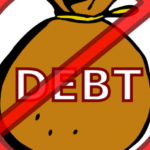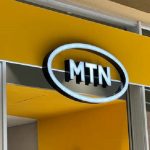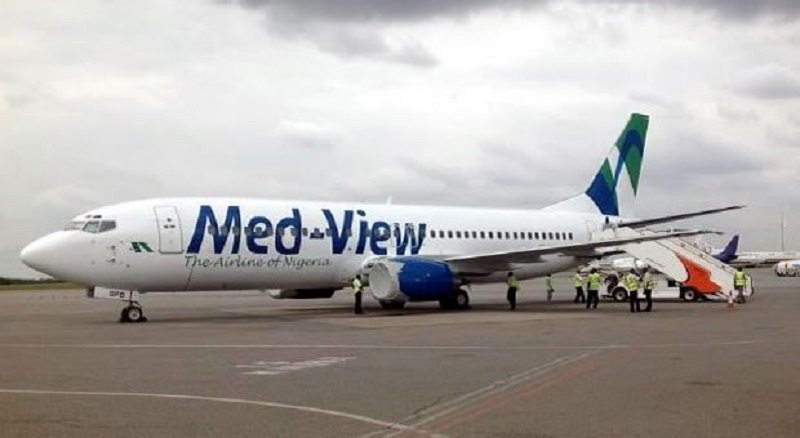Technology
Terrestrial Fibre Issues Hindering Internet Penetration in Africa—Experts
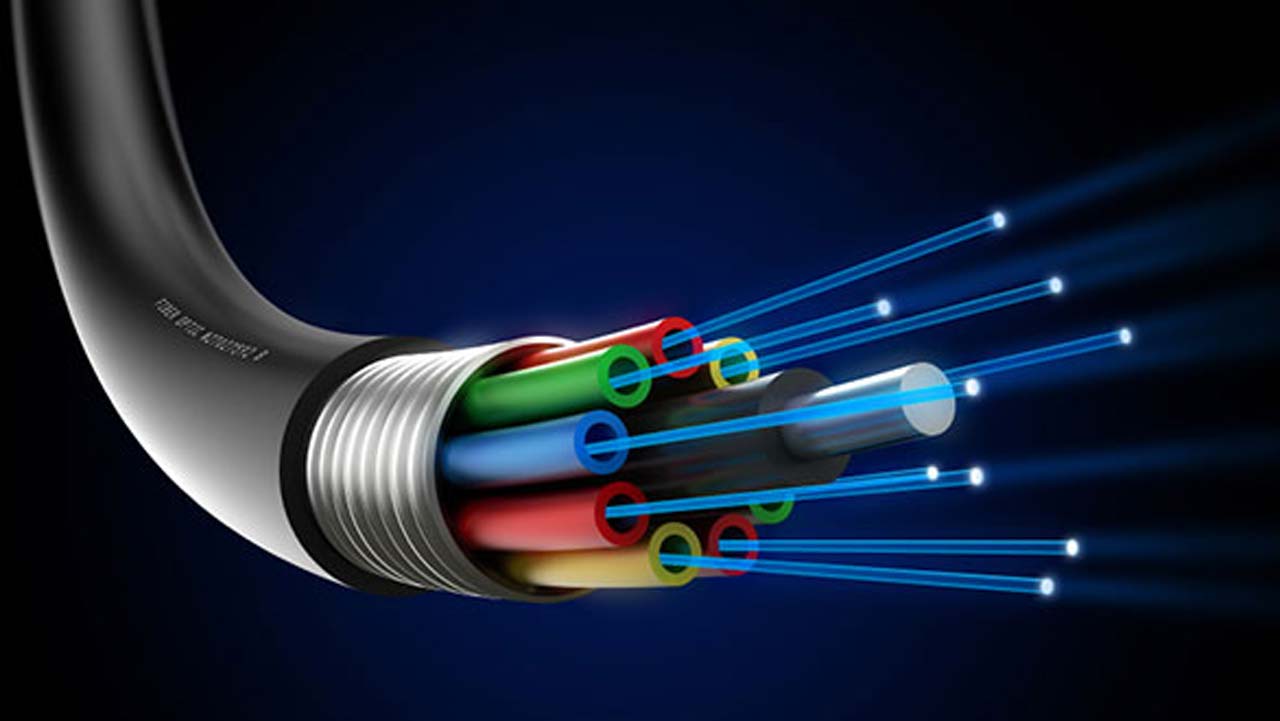
By Modupe Gbadeyanka
Terrestrial fibre constraints have been identified as the major factor hindering increased internet penetration in Africa.
Speaking at the Africa Session of the International Telecoms Week conference in Chicago, United States, experts in the industry said the reach of internet on the continent was still limited due to limitations in the availability of terrestrial open-access fibre which remains extremely low in most markets especially Nigeria, Senegal, Uganda and Tanzania among others.
According to the chief executive officer of Xalam Analytics, Mr Guy Zibi, the international capacity challenge has been solved, with most coastal countries exhibiting an oversupply of subsea cables serving the continent.
In his addressed titled ‘Enabling Content on the African Continent,’ Mr Zibi analysed the African digital journey, highlighting dramatic changes that have altered the dynamics of the digital transformation of the continent.
He said the limitations experienced in the sector in Africa have translated into retail connectivity prices as a proportion of income being 2X more expensive in Africa compared to Latin America and the Caribbean and 3X when compared to Asia.
Mr Zibi highlighted the dangers of deepening the continent’s digital divide with services limited to narrow addressable markets and Africa’s inability to fully partake in the fourth industrial revolution.
He reiterated the need for more aggressive deployment of terrestrial infrastructure, especially in metropolitan and local networks to reach the end users and enhance affordability.
A panel that included high-level representation from Orange, MTN GlobalConnect, MainOne and Kwese challenged African policy makers to proffer incentives to encourage the deployment of broadband infrastructure of scale to support the rollout of much needed infrastructure to rural areas.
The Africa Panel session at ITW was sponsored by MainOne for the 7th year in a row and continues to provide a platform for players to share perspectives on the opportunities and challenges across the region with a global audience.
The discussions focused on infrastructure challenges as well as regulatory and economic constraints that impede increased internet access and proliferation of broadband across the continent.
Technology
World Bank Backs Raxio With $100m for Data Centres in Africa
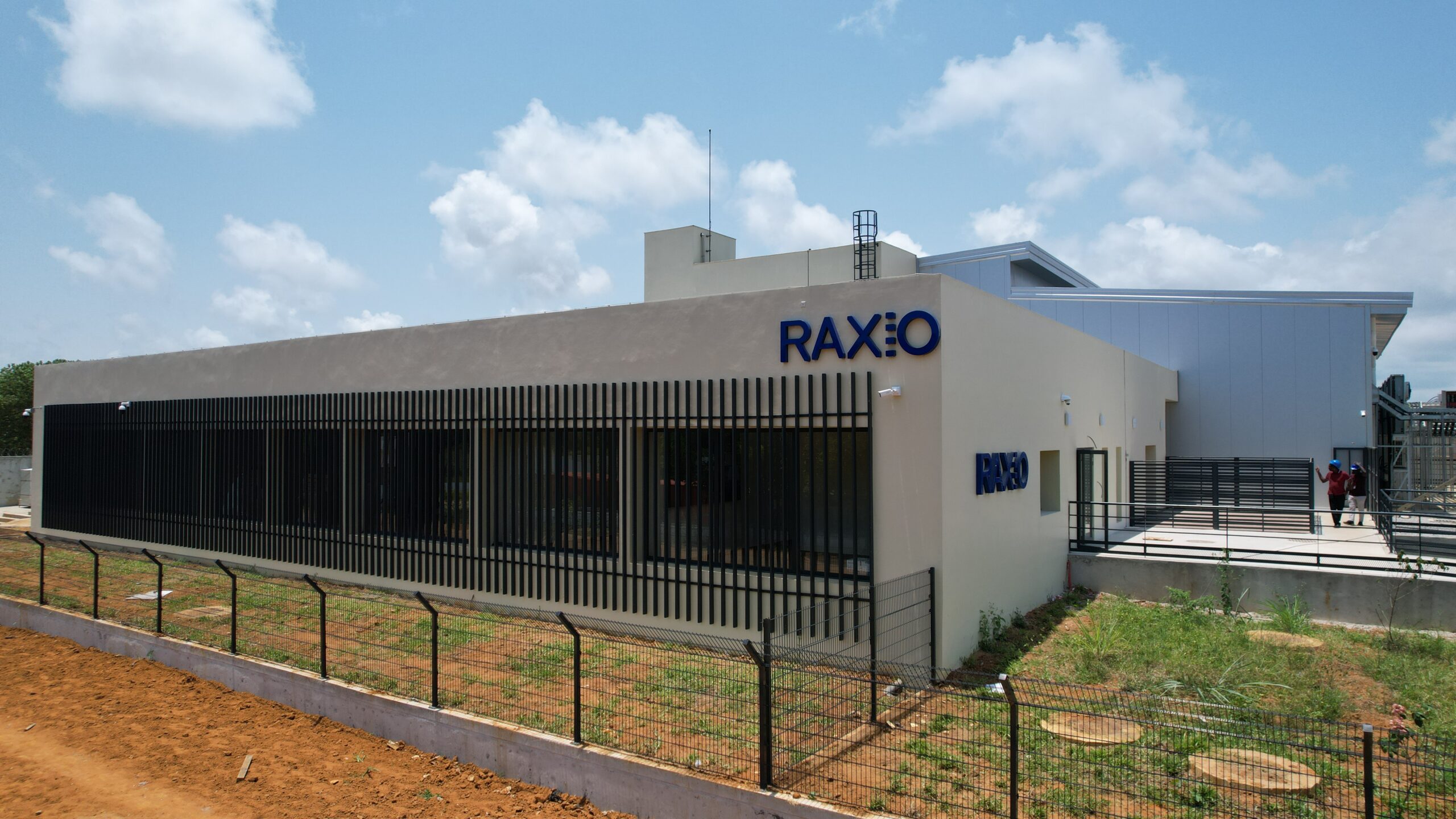
By Adedapo Adesanya
The World Bank, through its private investment arm, the International Finance Corporation (IFC), has injected $100 million investment in regional data centre developer and operator Raxio Group as it joins the rush into digital data in Africa.
Digital demand on the continent is surging, but infrastructure remains scarce as many still rely on Europe or South Africa for hosting.
Africa accounts for less than 1 per cent of the world’s data centre capacity even as mobile data usage grows by around 40 per cent annually.
Cloud computing and tech giants such as Amazon Web Services, Microsoft Azure, and Huawei are ramping up partnerships and presence on the continent.
Recall that Equinix launched its data centre in Lagos as part of efforts to boost digital economy on the continent.
The debt funding by IFC is its largest such investment to date in Africa – reflects rising interest from global institutions in the continent’s digital economy, where mobile money, AI-driven services and cloud-based platforms are rapidly expanding.
Hosting data locally reduces costs, improves speeds and gives governments more control over cybersecurity and regulation.
The IFC picked Raxio which is building a network of top standard data centres, including one in Ivory Coast with construction underway in Mozambique, Ethiopia and Democratic Republic of Congo. It launched its first facility in Uganda in 2021.
The expansion aligns with views that Africa is the next battleground for cloud services.
Speaking on this, Mr Sarvesh Suri, IFC regional industry director, infrastructure and natural resources in Africa, said improving digital connectivity and building the backbones of digital infrastructure are of key importance to support economic growth in Africa
“Data centres as such and overall digital connectivity is an important area of focus for the IFC,” he said.
Identify the challenges such as power supply, complex regulation and political instability can deter commercial players, Mr Suri noted that development finance institutions play a crucial role by de-risking early investments that can unlock long-term private capital.
“We bring in the right kind of instruments to help support investors to reduce the risk over all this, to make sure that these investments continue to be long-term, sustainable, and profitable, but also economically beneficial for the countries,” said Mr Suri.
“We see the interest, the support, the engagement, the collaboration we are getting from the governments where we operate, who really want this to happen,” added Mr Raxio Group CEO Robert Skjodt.
Technology
Nigerian Tech Firms Raise $100m in Q1 2025 Amid Funding Squeeze

By Adedapo Adesanya
Nigerian tech firms attracted just $100 million in funding in the first quarter of 2025, raising worries about investment crunch into Africa.
This is part of a wider slowdown in funding on the continent as funding into the African tech ecosystem dropped 5 per cent to $460 million in the first quarter of 2025, according to data by Africa: The Big Deal.
The decline shows the consistent drop in venture capital funding on the continent, which fell from $486 million raised in the same period of 2024,
The data insight firm, which tracks funding rounds of $100,000 and above, revealed that nearly $300 million was raised by start-ups in January, and fell to $119 million in February.
March saw one of the lowest monthly totals since late 2020, with just $50 million in funding announced.
The Big Deal noted that despite a steady number of start-ups securing funding, the lack of deals exceeding $10 million significantly impacted overall investment figures.
“Q1 2025 is the second-lowest quarter in terms of start-up funding since late 2020,” the insight company noted.
“However, things are looking more positive if we focus on the number of start-ups that announced at least $1 million in funding during the quarter, with 52 such deals aligning with the 2023-2024 average,” a post seen by Business Post showed.
Nigeria alongside Kenya, South Africa, and Egypt – referred to as the Big Four – got 83 per cent of funding during the period under review.
Nigeria attracted roughly over $100 million in funding (24 per cent), same as Kenya (24 per cent) and followed closely by South Africa with $100 million (22 per cent).
Egypt secured $61 million (14 per cent), while Togo emerged as a surprise entry in the top five, buoyed by Gozem’s $30 million Series B funding round.
Fintech remained the dominant sector, accounting for nearly half (46 per cent) of total investment, the report disclosed with deals including LemFi’s $53 million raise and Naked’s $38 million.
The energy sector followed with an 18 per cent share of the total funding, while logistics and transportation startups secured 10 per cent.
It raised eye brows over the disparity in gender based funding with just over 2 per cent ($10 million) of Q1 funding went to female CEOs.
The largest such deal being a $6.2 million grant awarded to South African biotech firm, African Biologics.
Excluding grant funding, female-led start-ups accounted for a mere 0.7 per cent of all investments while in contrast, Big Deal added that 79 per cent of total funding went to either solo male founders (11 per cent) or all-male founding teams (67 per cent).
It revealed that diverse founding teams attracted 20 per cent of the investment, this remains a modest improvement compared to previous quarters.
“A mere 1% was invested in solo female founders or female-only teams,” the report said.
Technology
Equinix Boosts Nigeria’s Digital Economy With Data Centre Expansion
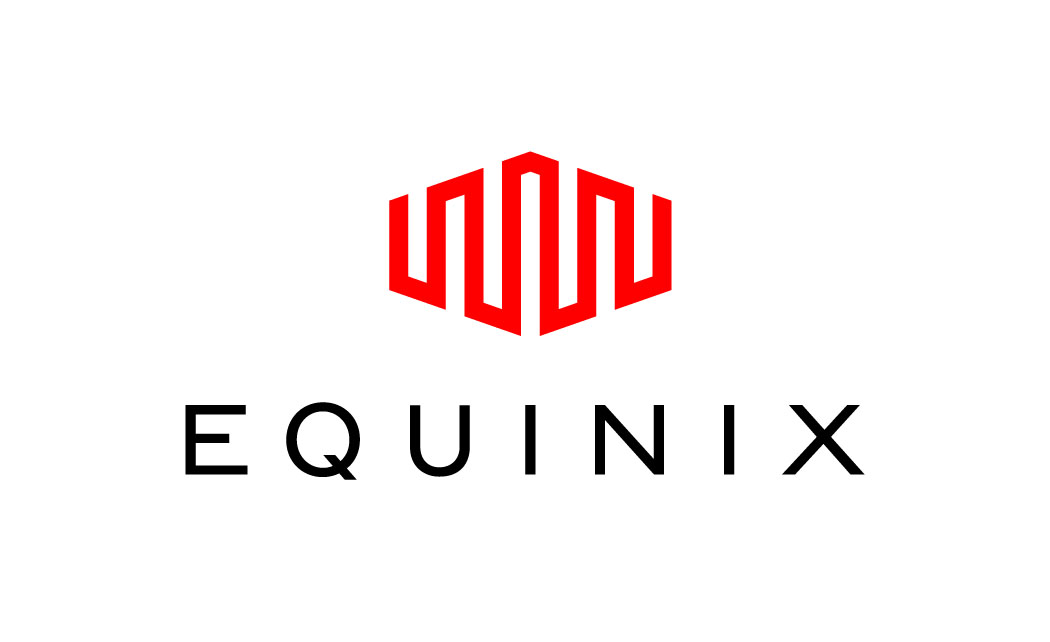
By Adedapo Adesanya
Digital infrastructure company, Equinix Incorporated, has officially opened its latest data center expansion in Lagos as part of efforts to advancing Nigeria’s position in the global digital economy.
Called LG2.3, the facility will support Nigeria’s growing digital transformation efforts, providing state-of-the-art colocation and secure interconnection solutions which will empower businesses across the region.
Nigeria is targeting 200MW data capacity but it so far generates less than 70 MW and with more data center springing up in the country, this will bring further the target to fruition.
Equinix, which is one of these firms, said it is steadfast in its mission to enable secure, scalable, and sustainable digital growth for economies across the world.
Speaking at the inauguration, Mr Bruce Owen, President of EMEA at Equinix, said Nigeria is a crucial market for Equinix, adding that it symbolises Equinix’s continued investment in sustainable initiatives across the globe and highlighting the company’s broader goal of reducing its carbon footprint while supporting greener practices across its operations worldwide.
“Today’s opening is a clear demonstration of our continued commitments to invest and grow digital infrastructure that will benefit the many thousands of businesses in Nigeria and on the continent as a whole. I am deeply encouraged by the enthusiastic partnerships and innovations emerging from this dynamic region, which continue to inspire our commitment to Nigeria’s digital and sustainable future.”
On his part, Mr Wole Abu, Managing Director of Equinix West Africa, highlighted the critical role of data centers in driving economic growth.
“Data centers continue to play a pivotal role in driving economic development in Nigeria, serving as critical infrastructure that supports digital transformation and economic growth. As governments and enterprises increasingly acknowledge their significance, global demand for data center capacity is poised to rise.
“While Africa’s demand for data solutions is still evolving compared to more mature markets, the continent is demonstrating strong potential for digital adoption and innovation. To meet this growing need, Equinix is actively advancing three major data center projects in Nigeria, with future expansion plans for Ghana, Côte d’Ivoire, and South Africa.”
-

 Feature/OPED5 years ago
Feature/OPED5 years agoDavos was Different this year
-
Travel/Tourism9 years ago
Lagos Seals Western Lodge Hotel In Ikorodu
-

 Showbiz2 years ago
Showbiz2 years agoEstranged Lover Releases Videos of Empress Njamah Bathing
-

 Banking7 years ago
Banking7 years agoSort Codes of GTBank Branches in Nigeria
-

 Economy2 years ago
Economy2 years agoSubsidy Removal: CNG at N130 Per Litre Cheaper Than Petrol—IPMAN
-

 Banking2 years ago
Banking2 years agoFirst Bank Announces Planned Downtime
-

 Sports2 years ago
Sports2 years agoHighest Paid Nigerian Footballer – How Much Do Nigerian Footballers Earn
-

 Technology4 years ago
Technology4 years agoHow To Link Your MTN, Airtel, Glo, 9mobile Lines to NIN






